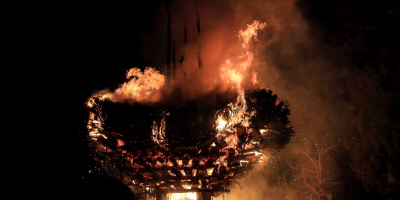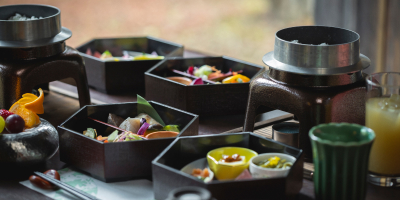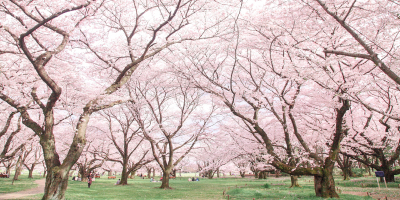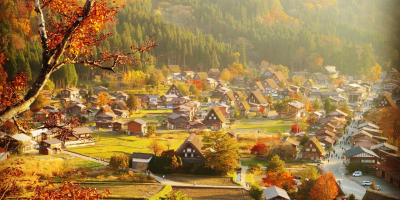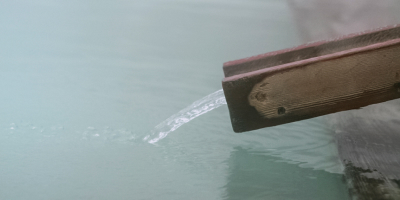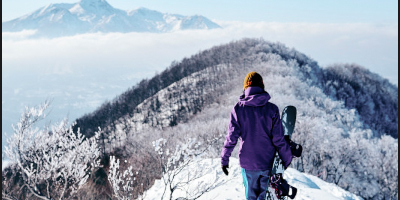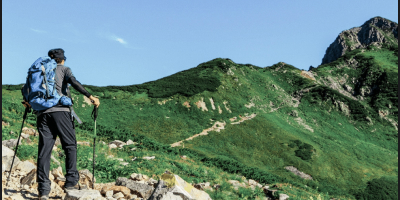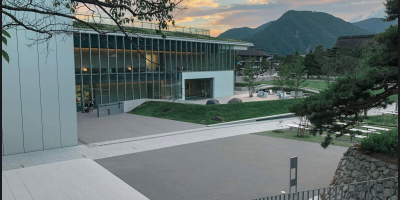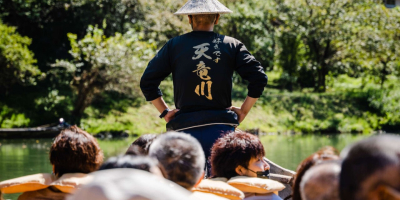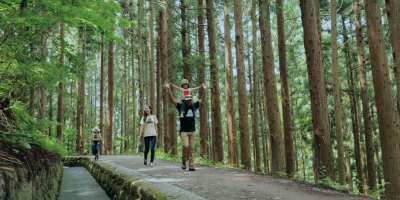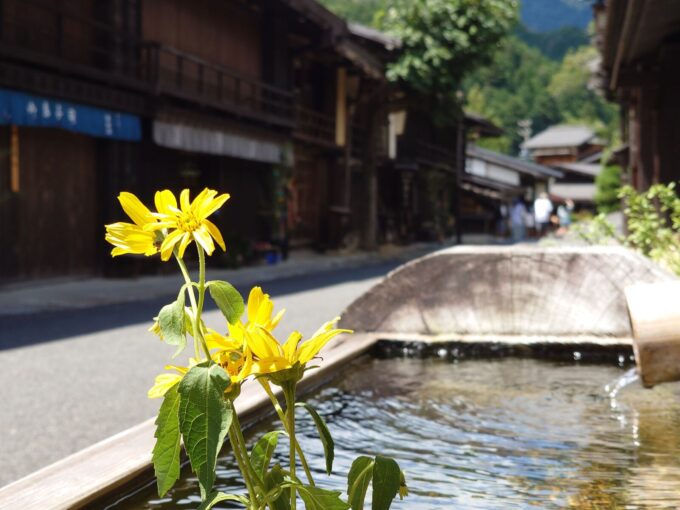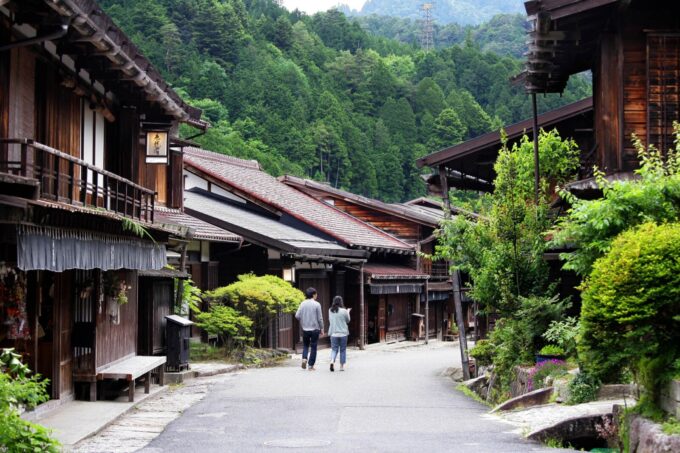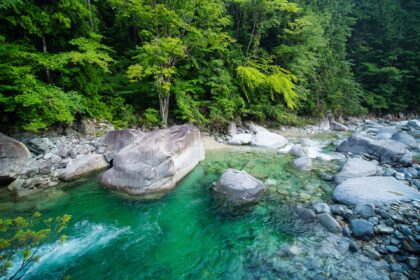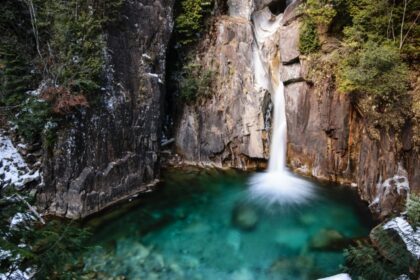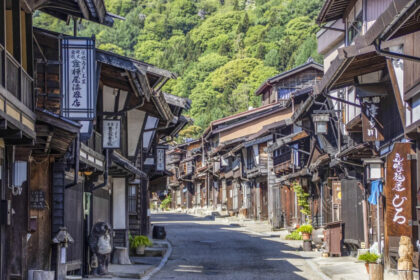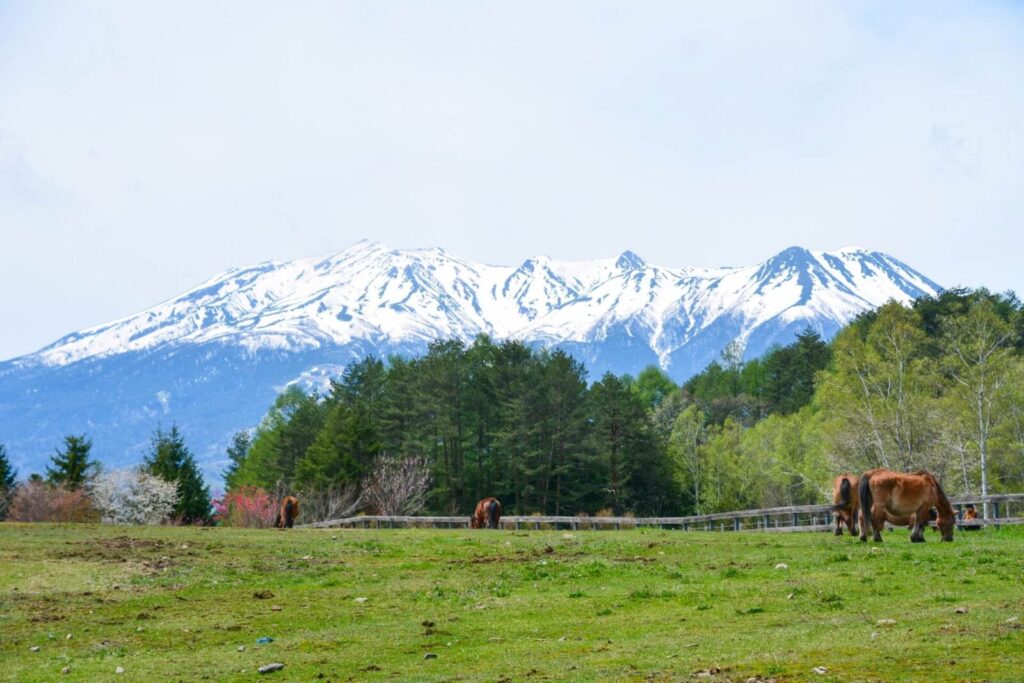
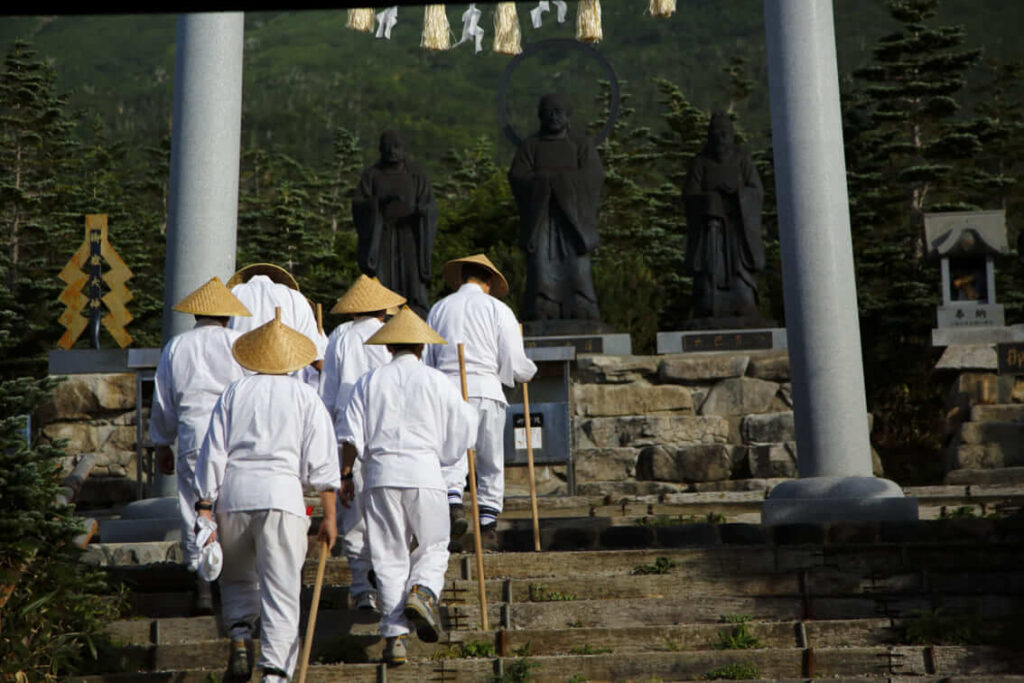
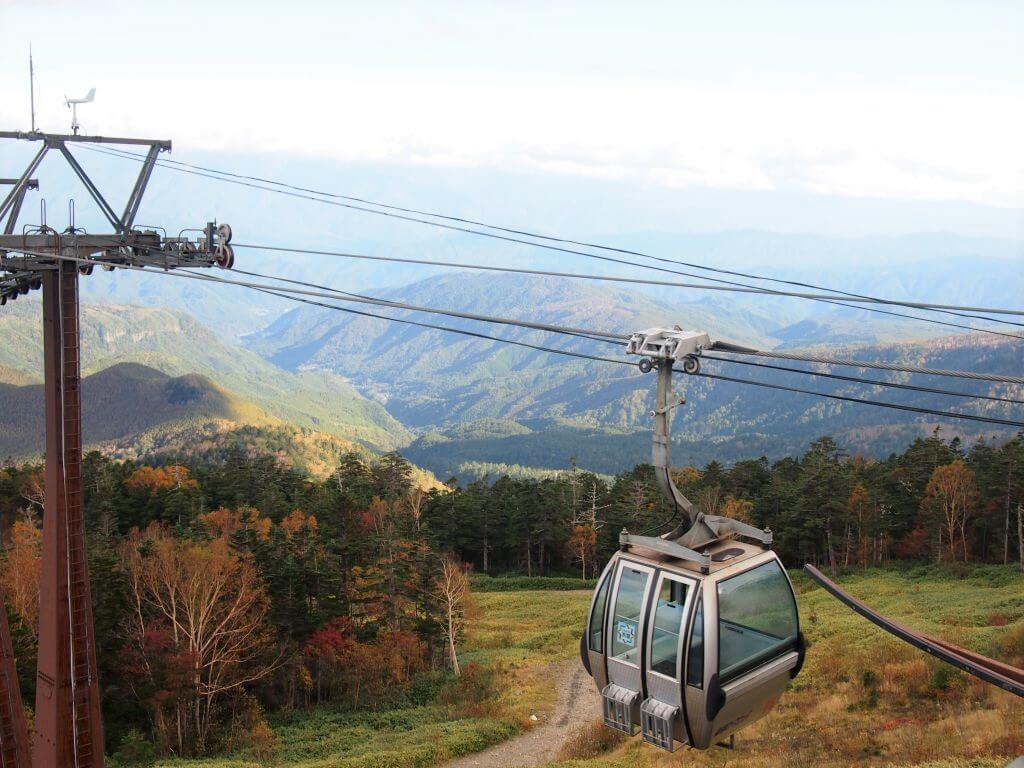
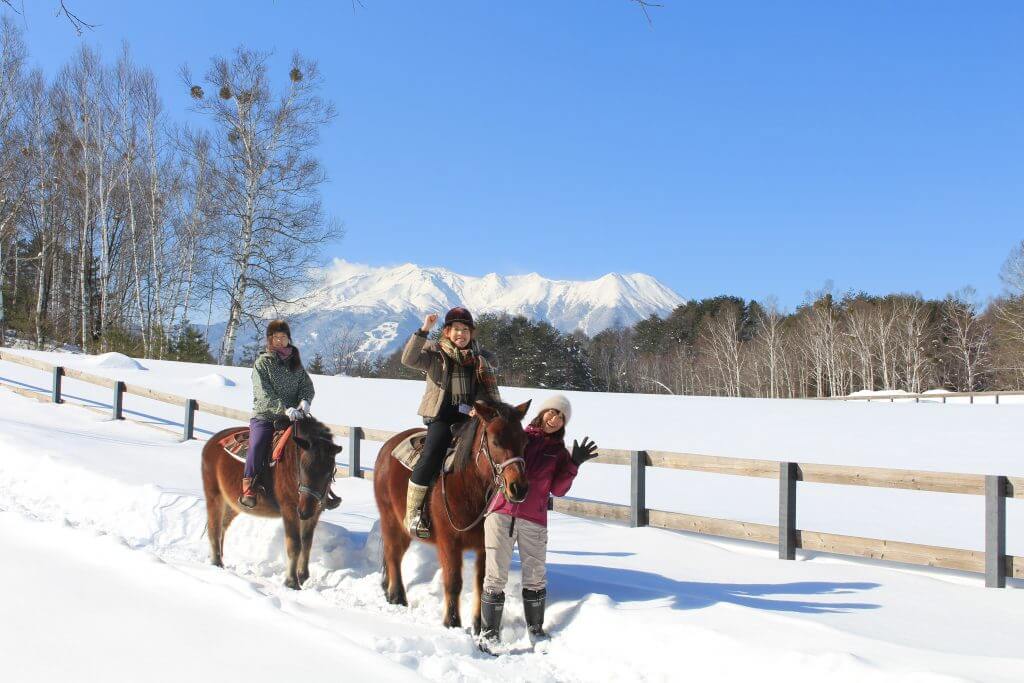
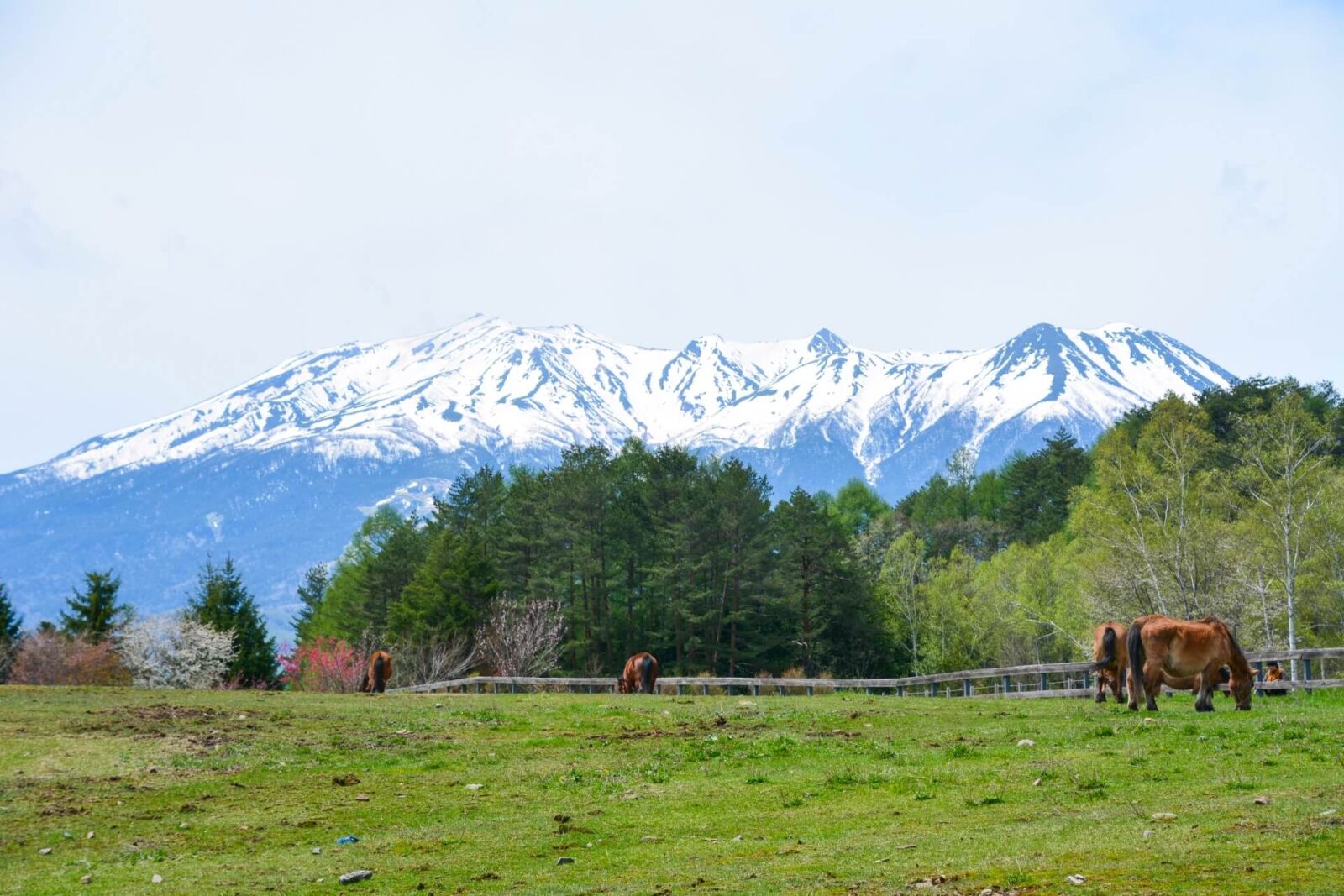
The native Japanese religion of Shintoism teaches that all aspects of nature are imbued with ‘kami’, translating as gods or the divine. Mountains play an important role in this belief system and as such, a unique ‘Ontake Faith, developed in the region, worshipping the brooding volcano. Religious sites are dotted through the region including shrines and temples, along with important waterfalls, rivers and other natural features considered sacred.
Most famously, the Nakasendo Trail runs through this region including the best-preserved post towns of Narai, Magome and Tsumago. An area known as ‘Kiso-ji’, it has long been famous for its timber industry including traditional crafts and lacquerware. Readily accessible using the Limited Express Shinano services running from Nagano to Nagoya via Matsumoto, the Kiso Ontake Mountain Range offers many reasons to visit in each season.
-- Where is the Kiso Ontake Mountain Range?
-- What Makes Kiso Ontake Special
-- Ontake Kodo Pilgrimage Trails
-- Tours and Charters Around Kiso Ontake
WHERE IS THE KISO ONTAKE MOUNTAIN RANGE?
Located in the southwestern portion of Nagano Prefecture, Kiso Ontake is rather isolated but still easily accessible from central Japan's main metropolises. About 300 km from Tokyo, 170 km from Nagoya, and 100 km from Matsumoto, it is best to reserve accommodation in the nearby area, or if making a day trip from Nagoya or Matsumoto, leave early in the morning. Part of the broader Shinshu Region (Nagano Prefecture), and very close to the Hida Region (best known for Takayama and Shirakawa-go), there is no shortage of things to do in the surrounding areas and you can easily combine a visit to Ontake with popular attractions such as the Snow Monkey Park or Kamikochi over the course of a few days. For more information on access please see the section below.
ACCESSING THE AREA
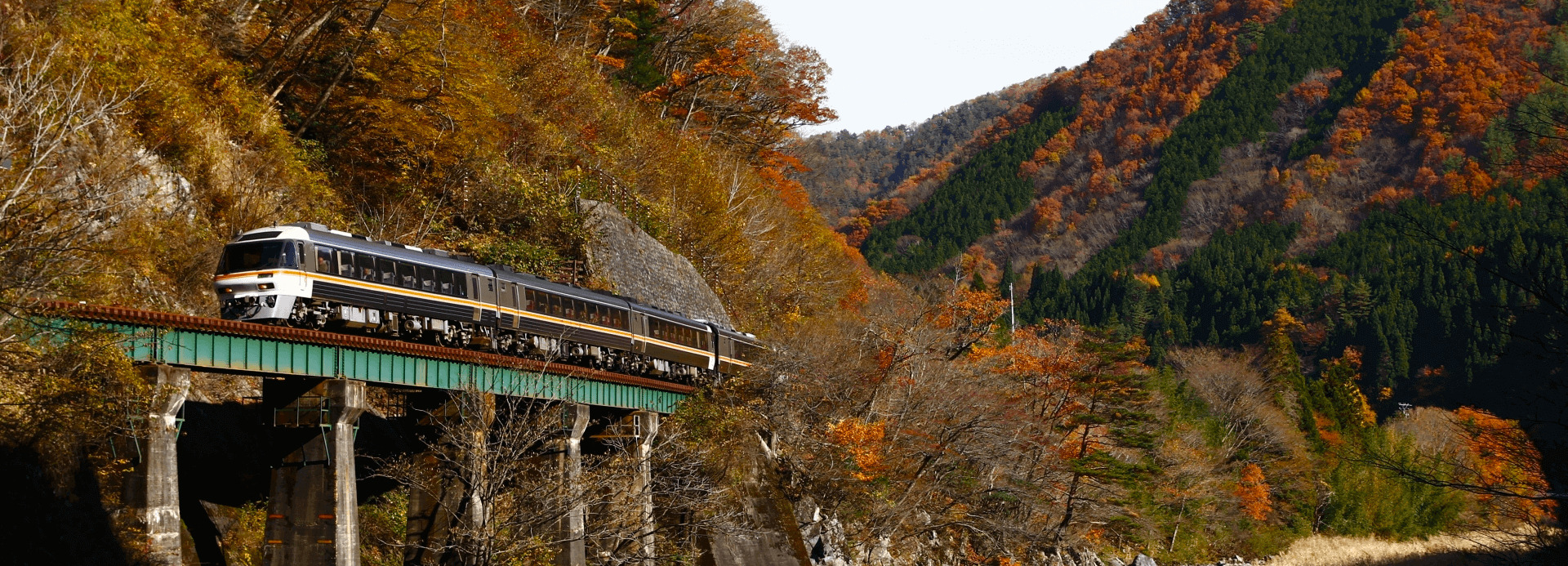
While Kiso is a rural and mountainous area, it is fortunately well connected to the rest of the nation. With the creation of the Nakasendo road in the 1600's, travelers from around Japan, and now the world, have been able to visit the region and in the modern day good train and road access make it easier than ever before. The easiest way to access Kiso Ontake will be by train or by car, followed by a bus ride from Kiso-Fukushima Station. Please see our page 'How to Get to Kiso Valley and Nakasendo' for more specific information concerning the options for reaching the area. Alternatively, if you are looking for private transport, our charter services may be just what you need. Please see the below section 'Tours and Charters Around Kiso Ontake' for more information.
WHAT MAKES KISO ONTAKE SPECIAL
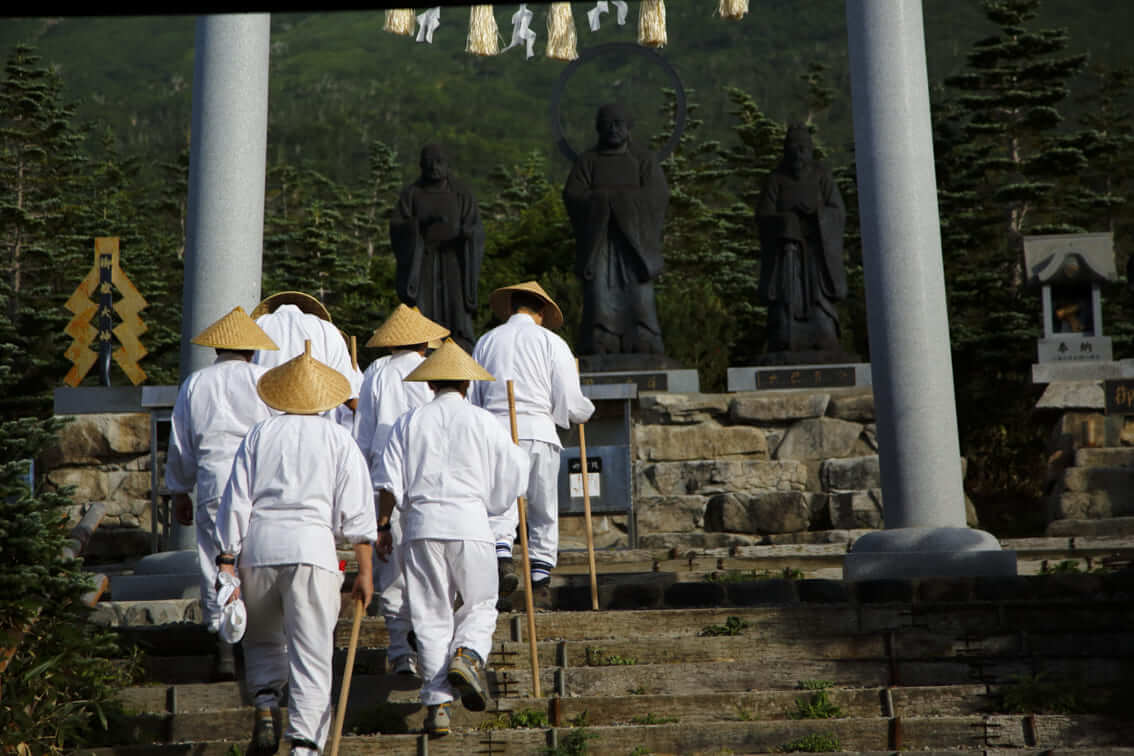
At its heart, Japan is a land of mountains. Dominating the interior of the country and accounting for a significant amount of the national territory, mountains lie at the very heart of Japan – in every sense of the word. The Kiso Ontake Mountain Range is one of several dramatic and beautiful alpine areas covering Central Japan. Dominated by the imposing volcanic peak of Mount Ontake – Japan’s second highest volcano behind Fuji – the region is known for its pristine nature, lush landscapes and stunningly-coloured water of its rivers and gorges.
The geography of the mountain range including its rugged and high peaks, dense forests and deep gorge made the region somewhat inaccessible until modern times, and in doing so, allowed a strong and independent culture to develop; and though modern infrastructure has now opened Kiso Ontake to the wider world, it retains much of its historic character and maintains many traditions.

Mount Ontake is a popular mountaineering and hiking destination in spring, summer and autumn with the Ontake Ropeway ascending to 2150 metres. The native Japanese religion of Shintoism teaches that all aspects of nature are imbued with ‘kami’, translating as gods or the divine. Mountains play an important role in this belief system and as such, a unique ‘Ontake Shinko’ faith, developed in the region, worshipping the brooding volcano.
Emerging as early as the Heian Period (794-1185), Ontake Shinto combines Shinto practices such as mountain worship, Buddhism and folk beliefs. Adherents called ‘doshisha’ would climb to the summit of Ontake, and in that process create the trails today known as the ‘Ontake Kodo’. Multiple shrines act as focal points of worship along the trails including the Ontake Satomiya Shrine and Omata Sansha Shrines at the trailheads and main Ontake Shrine at the summit, sitting 3,067 metres above sea level.
ONTAKE KODO PILGRIMAGE TRAILS
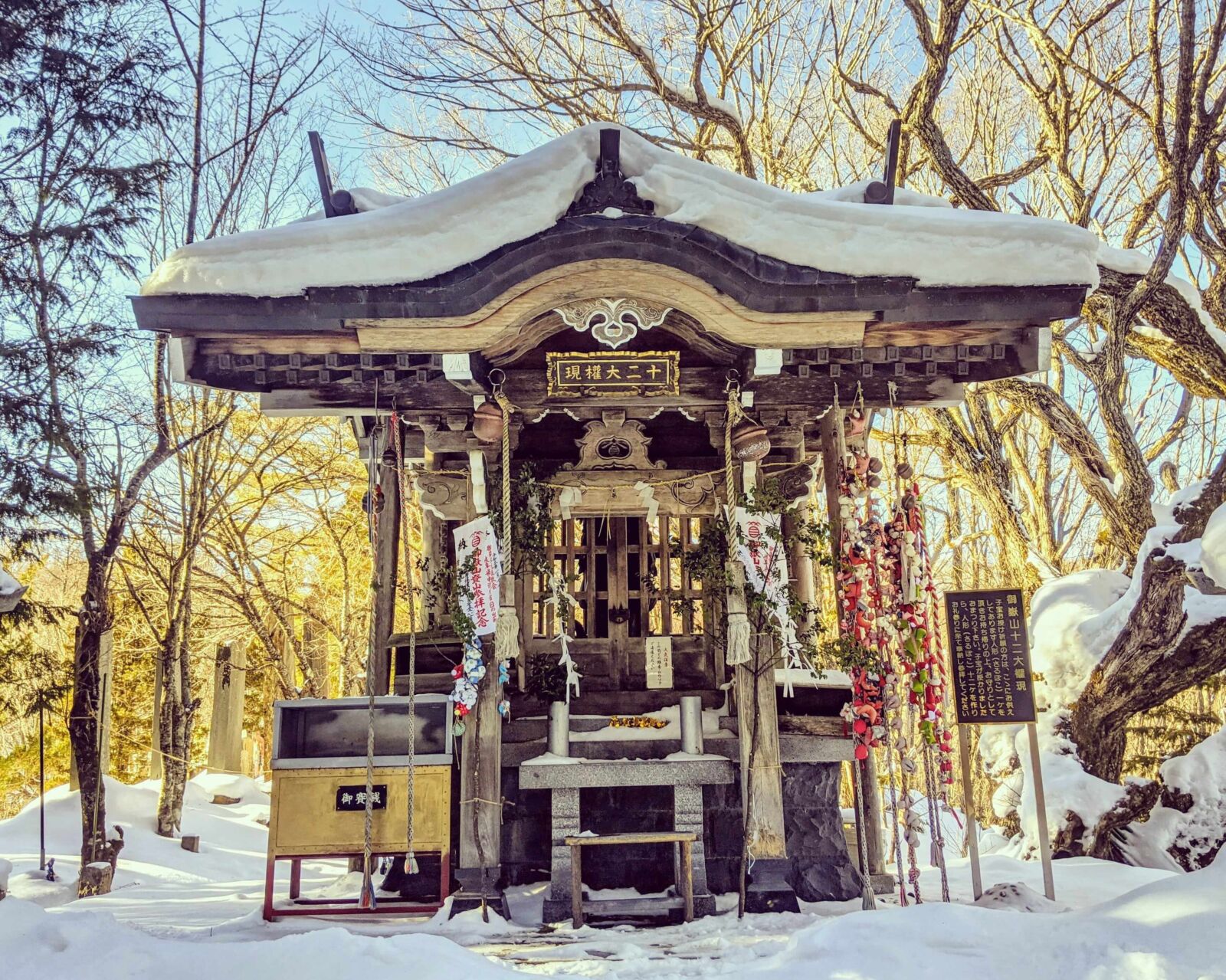
Having attracted adherents of the ‘Ontake Shinko’ faith for centuries, the pilgrimage trails ascending the mountain are also frequented by hikers and nature enthusiasts who head there each summer and autumn to hike Japan’s second tallest volcano.
Japan’s native religion of Shintoism places a strong emphasis on nature worship, in which features such as mountain, waterfalls, rivers and other natural features are seen as places of devotion – and often, the domain of the gods. This tradition can be experienced throughout Japan however few places hold the spiritual significance of Mount Ontake, Japan’s second tallest volcano and point of worship for adherents of the ‘Ontake Shinko’ sect.
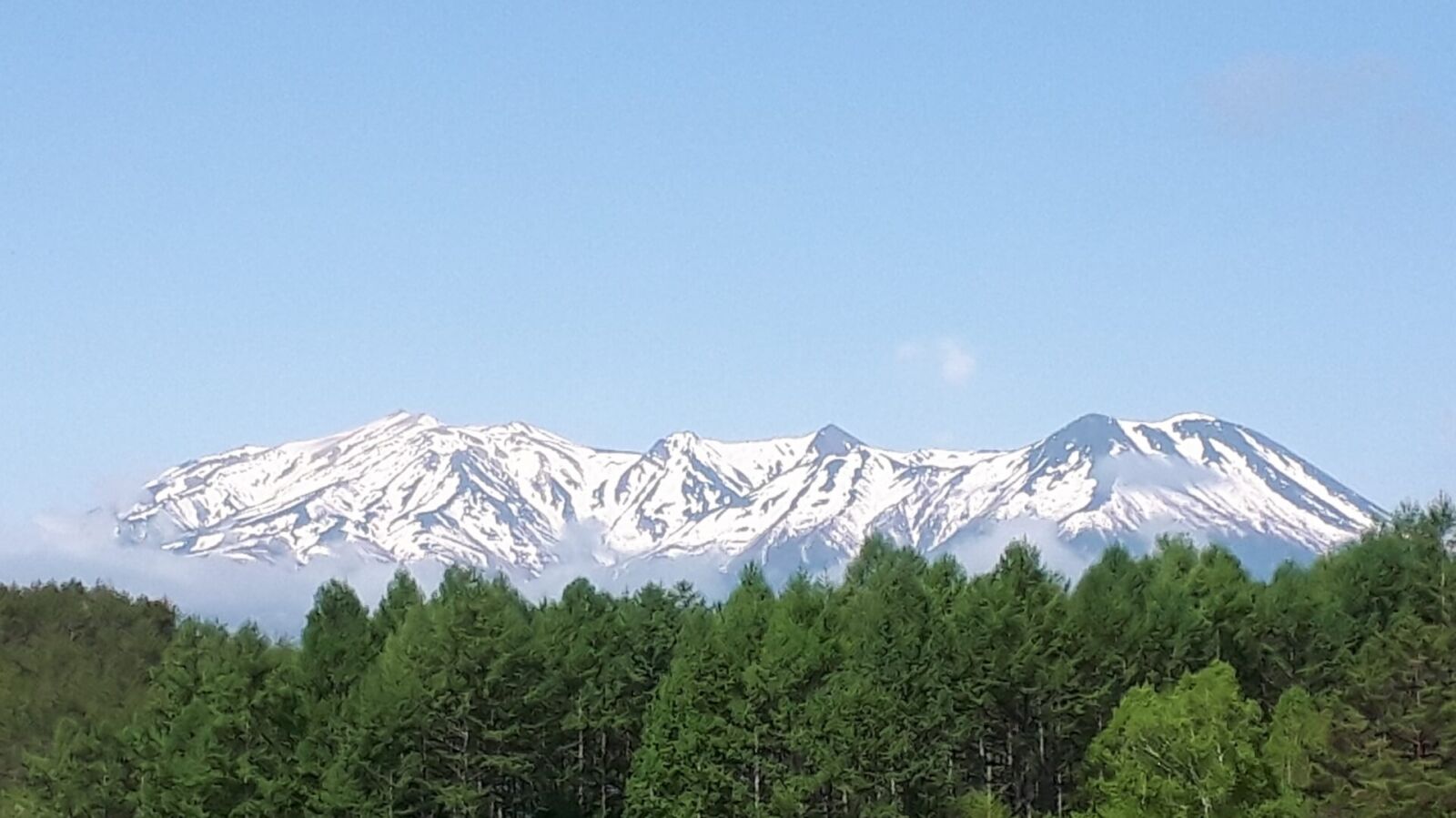
In addition to the main shrines mentioned in the previous section, various other shrines combine to make-up the overall vast complex which accounts for the entire mountain, with more than 20,000 ‘reijinhi’ stones estimated to be located along the Ontake trails in dedication to local deities, spirits and the deceased. The ubiquitous presence of the stones underscores the spiritual importance of the landscape and the belief of Ontake Shinko practitioners that their souls will also come to reside there upon their deaths.
Multiple trails ascend the mountain with the route from the Ontake Satomiya Shrine being particularly popular. The steep route takes around 6 hours to return to the shrine and takes hikers past Shintaki Falls and Kiyotaki Falls in the third stage of trail. Points of devotion in their own right, the abundant falls have been used for centuries as points of purification for adherents before reaching the summit, in what is considered an act of ‘waterfall meditation’ or ‘takigyo’.
Though mostly under the cover of forest, the trails up Ontake are steep and require a decent level of fitness. Visitors looking to ascend the mountain also have the less strenuous option of using the Mount Ontake Ropeway to the upper station (at 2,180 metres) and descending along alternative trails.
WALK THE NAKASENDO TRAIL
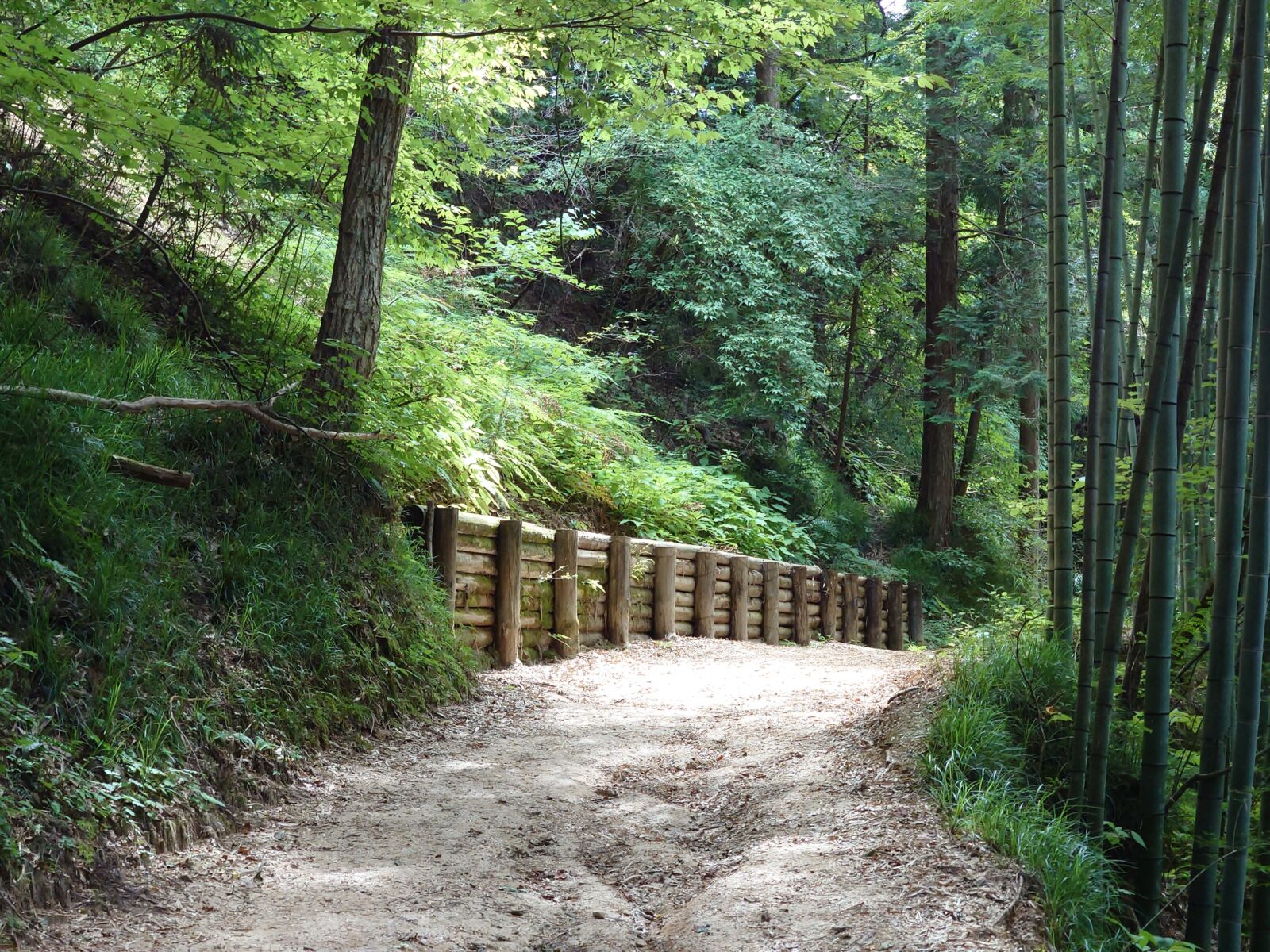
Passing right beneath the foothills of Kiso Ontake, and recently gaining international attention, the old Nakasendo road once connected Edo (now Tokyo) to Kyoto and greatly improved the ability of everyone from the Shogun down to your average commoner to travel throughout Japan. Today, the trail still exists in parts exactly as it once did and beckons travelers to step on its well trodden cobblestones for a taste of old Japan. For a detailed look into the best itineraries and sights to see along the way, please read our 'Walk the Nakasendo Trail' page.
KISO IN WINTER
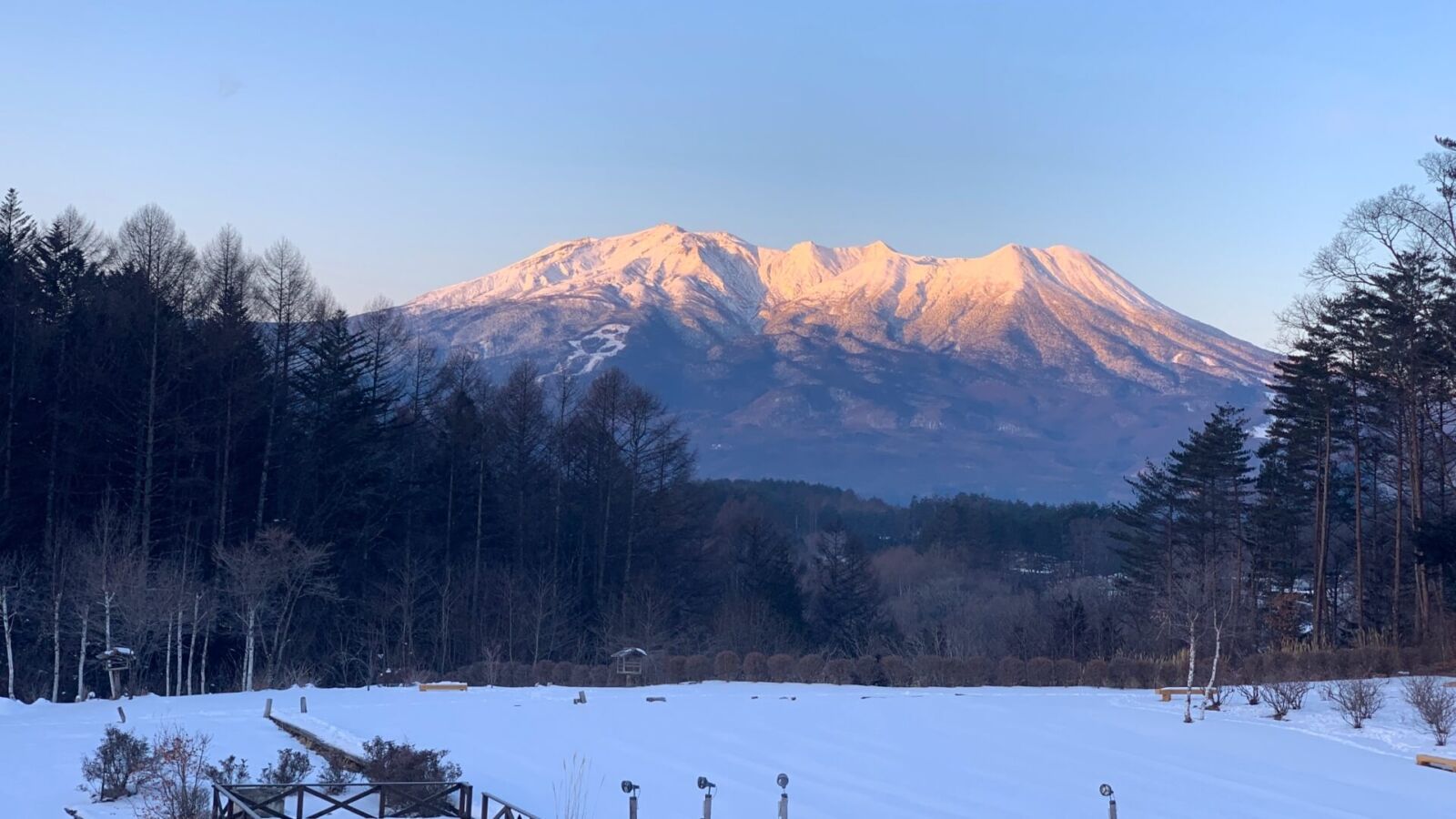
Although winter brings freezing temperatures and copious amounts of snow, and with it trail closures, there are still options to enjoy an icy vacation in the Kiso area. In fact, some events and attractions are only possible to see in winter!
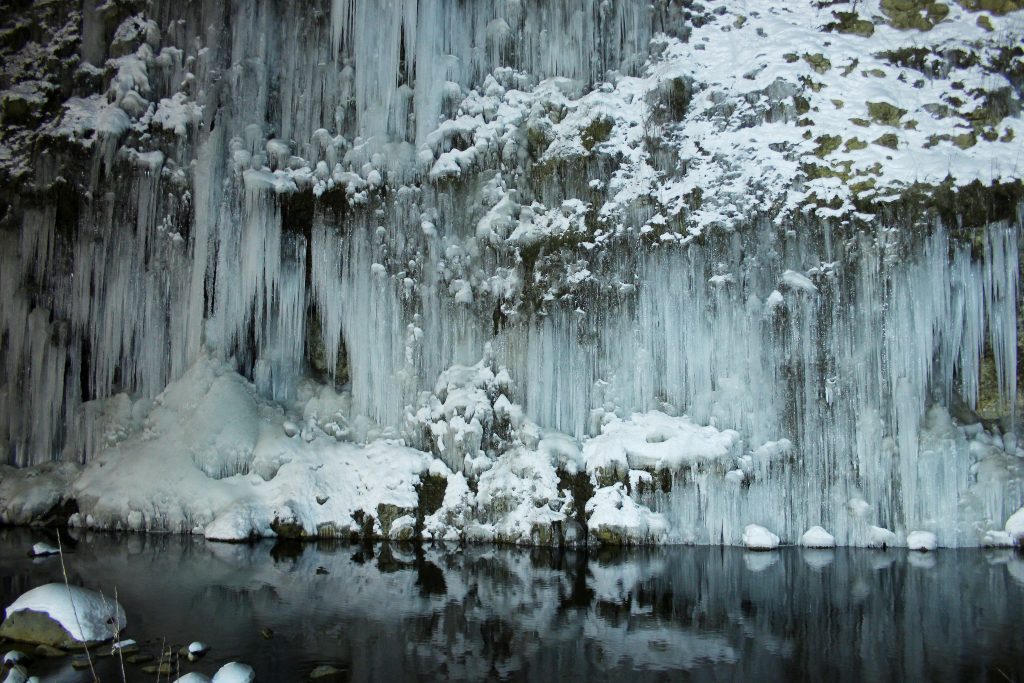
Shirakawa Ice Pillars
Located on the road from Kiso to Takayama, the Shirakawa Ice Pillars are a striking natural phenomena that occurs every winter when freezing temperatures create a huge ice pillar waterfall. Measuring 50 metres in height and an amazing 250 metres in width, this truly unique sight can only be seen from January to mid-February – best experienced with a private charter or tour.
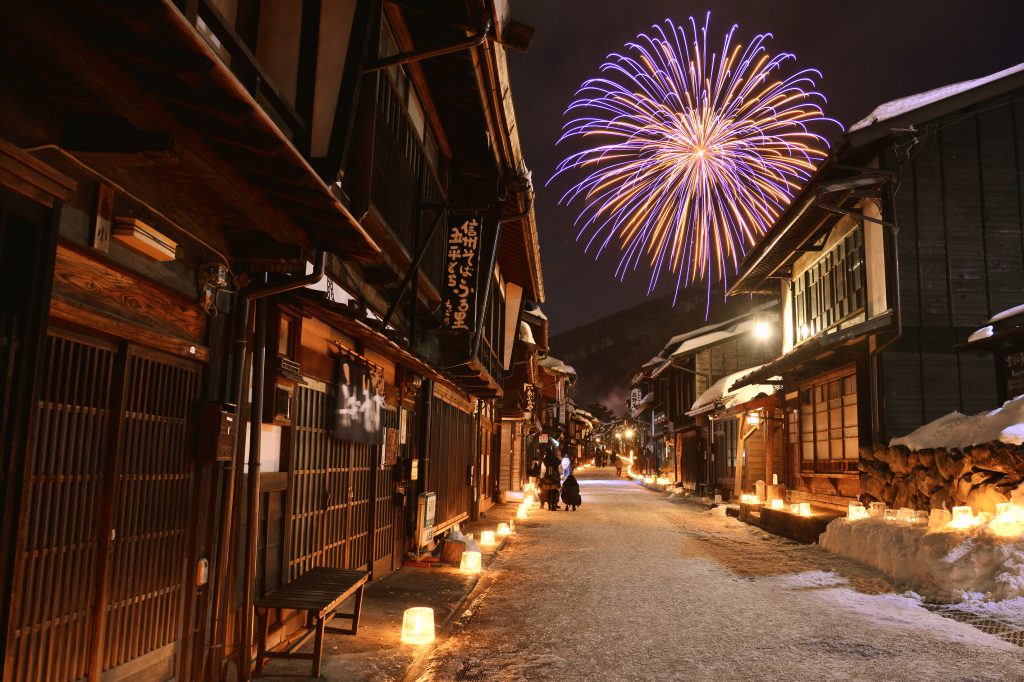
Narai-juku Ice Candle Festival
Taking place during the first week of February each year, the Narai-juku Ice Candle Festival brings warmth and a quiet beauty into the cold winter night, as locals line the streets of Narai with numerous candles and ice sculptures. Climaxing with a beautiful fireworks display, this somewhat undiscovered festival won’t stay secret for long.
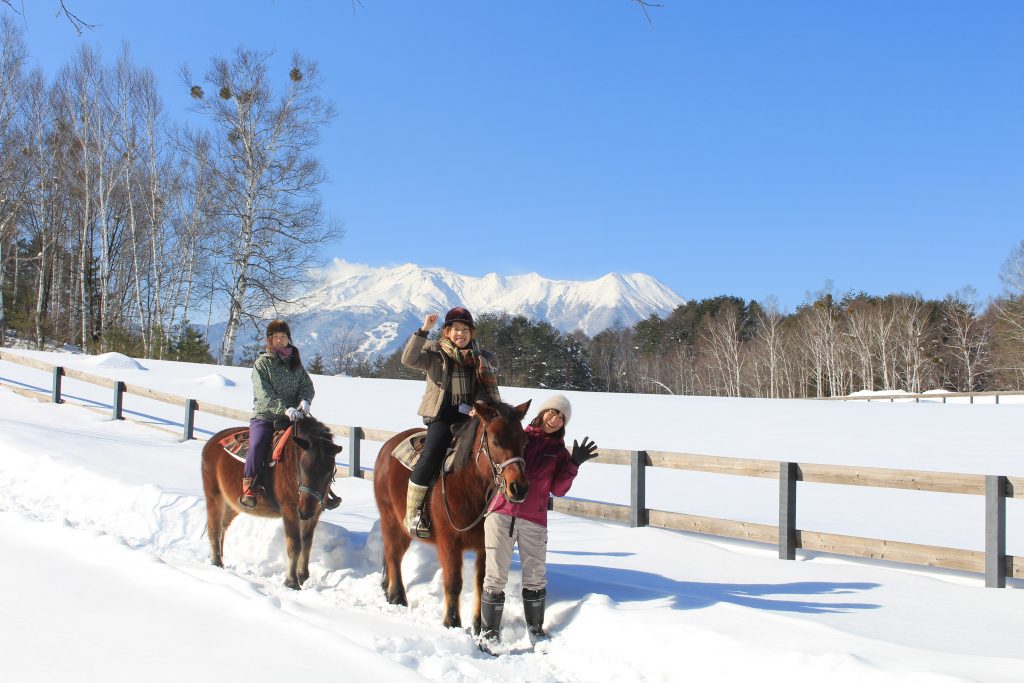
Kaida Plateau Kamakura Snow Festival
Also taking place in the first week of February, the Kaido Kogen Kamakura Snow Festival is enjoyed by local families. Large ‘kamakura’ (snow huts) are created from the local snow and ice, with activities including a ‘kiso-uma’ (horse-drawn) sled, snowshoe walking, snowmobiling, and of course, the chance to help make a snow hut.
TOURS AND CHARTERS AROUND KISO ONTAKE
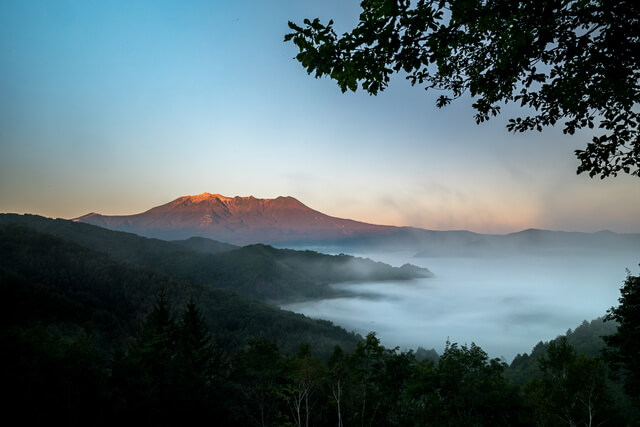
Being such an expansive and wild area, it is recommended to visit Kiso Ontake with a guide to ensure you can enjoy the unique culture and scenery without any risk of getting lost or stranded after dark. A number of tours operated by the local tourism association utilize the pilgrimage routes around the mountain to introduce the region to overseas travelers. For more information on pricing and availability, please contact us and we will discuss your options with the tourism association. As some of these tours can be rather long hikes, it is great for those looking for more adventure.
1-Day Tour from Nagano and Matsumoto: Step into the Past on the Nakasendo
- Spots:
- NaganoMatsumotoKiso Valley
- Pick-up:
- Nagano CityMatsumoto
- Drop-off:
- Nagano CityMatsumoto
1-Day Tour from Nagoya: Hiking the Historic Nakasendo Trail
- Spots:
- NagoyaKiso Valley
- Pick-up:
- Nagoya
- Drop-off:
- Nagoya
Alternatively, if you are looking to enjoy a day in the broader Kiso Valley area, our group tours of the Nakasendo trail may be just what you need. Including a 3.5 hour hike between two old post towns on the Nakasendo road, this tour will be a day of physical activity but still easy enough that no special training or gear is necessary. As the perfect combination of nature and culture, walking the Nakasendo Trail is something you shouldn't miss if you are in Central Japan.

Our private charter service also stands a great way to see the area, with our clean vehicles and friendly drivers ready to take you door-to-door to the destination of your choice. You can even ask to include a guide to make it a private tour just for your group. As the itinerary is customizable and completely up to you (and we are always ready to offer suggestions!), you can go at your own pace and see exactly what you want to see. For a pricing quote and information on availability, please click HERE.



